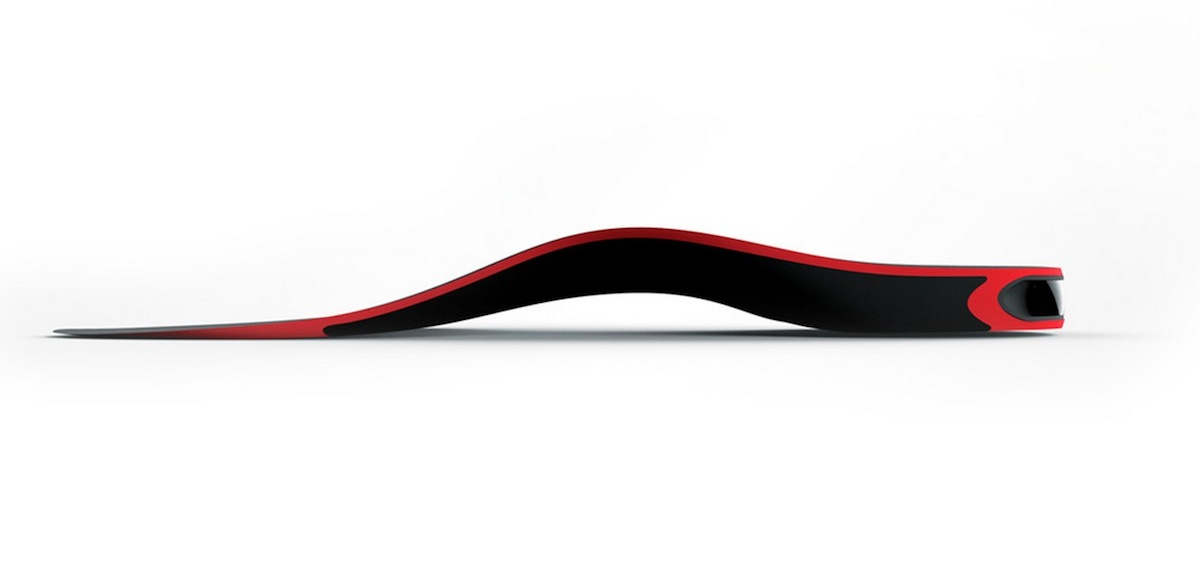What the Tech?: Lechal ‘Smart Shoes’ Help the Blind Get Around

Image Via Le Chal
The first batches of a specialized shoe insole that vibrates to alert users when they’re supposed to make a turn, acting like a real-time GPS device for their feet, are set to ship out soon, and the inventors of the “smart shoe” expect that they’ll be a game-changer in more than one market.
“Lechal,” which means “ let’s go,” will deliver thousands of shoe insoles and customized sneakers to both the visually impaired, as well as runners and other athletes. “The main idea is to give a person very subtle feedback about where they are going and in what direction. It’s like a poke in your foot and keeps the hands free so they can find obstacles around them,” said Anirudh Sharma, cofounder of the company, and student at the MIT Media Lab. “As you walk, it vibrates on the side that you want to turn on. So if you want to turn left, it would vibrate on the left side, and a right turn means it would vibrant on the right side.”
Sharma said the shoes and insoles—customers can choose between the two—rely on Bluetooth technology to connect to a person’s smartphone, and can map out the route to their destination, guiding them with the buzzing feelings on their feet along the way.
The team behind Lechal developed a smartphone app around the removable Bluetooth device that gets inserted into the insole. Users can put information into the app’s interface and track fitness goals, calories burned, and steps taken, much like a FitBit. Or, for the visually impaired, users can rely on the “eye-free interface” if they are just trying to get around. “I think, for the way visually impaired people walk, it’s going to change that a lot. The way they perceive information about streets will be very different,” said Sharma.
Lechal inventors boast that for the blind, it’s a perfect companion for the “white cane.”
The startup company officially launched—after years of research and product development—just 20 days ago. Sharma said the project started as an invention geared specifically towards the blind, as a way to help them get to certain destinations, using the accompanying smartphone app. But as the product developed since it was first conceived in 2011, Sharma said it began to take on a new shape. “Now it’s completely a lifestyle product. These days active trackers are very popular, people are buying a wrist band to track their exercise, so what if you have something in your shoes itself, and you don’t need something outside your body?”
Sharma and co-inventor Krispian Lawrence originally wanted to design their own shoe for customers to buy, but because people are “brand conscious” they felt it made more sense to offer both the insole, and the custom footwear. “People want to wear their own fancy shoes, and not buy a shoe from a company that just started, so the insoles are totally hidden. Anybody can buy them,” he said.
Lechal is based in India, where Lawrence lives, while Sharma focuses on his graduate studies. Sharma would not go into specifics, but he said the company has big plans for the U.S. market, although they are already prepared to ship products to customers on American soil. “We just want to get a hang of how the market perceives it all first,” he said.
He said for every pair of shoes that someone that isn’t visually impaired buys, another pair would be subsidized for a person that’s blind. “Because that is the people who we started this for,” he said.


